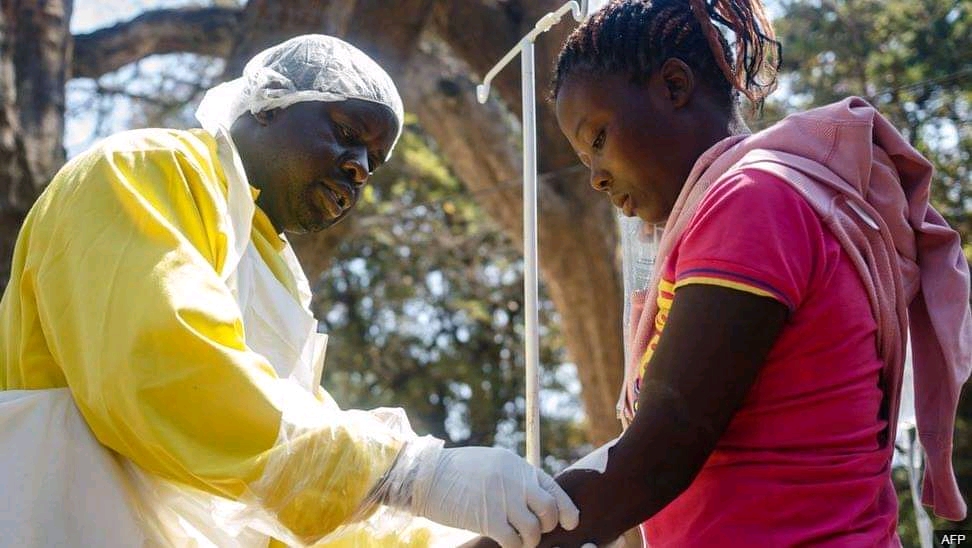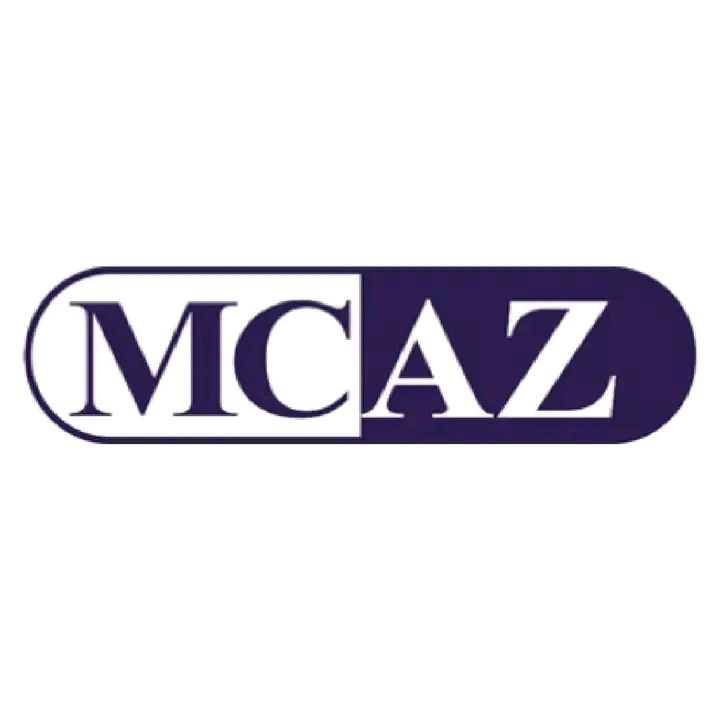By Dickson Bandera
The World Health Organization (WHO) has donated cholera kits and medical supplies to the Ministry of Health and Child Care (MoHCC) in an effort to fight the cholera outbreak in the country.
The supplies come at a time when the country is fighting a cholera outbreak that has seen a cumulative of 1285 cases since the 12th of February 2023 when the first case was detected.
The kits, procured with financial support from United States Centers for Disease Control and Prevention (USCDC) and WHO, include antibiotics, oral rehydration salts, intravenous fluids, and medical sundries such as gloves and syringes.
A 4X4 vehicle bought with financial support from the Norwegian Agency for Development Cooperation (NORAD), was also handed over for use towards scaling up of mental health services in line with country priorities through the Special initiative on Mental Health.
The treatment kits which consist of 20 community, 6 peripheral and 2 central kits are estimated to serve approximately 2 800 patients.
MoHCC Permanent Secretary Dr Jasper Chimedza commended WHO for the rapid response noting that the supplies will amplify current response efforts and save lives.
“We have intensified response activities in all the affected districts and this donation is timely as the kits will help us respond to cholera from community and facility level and subsequently preventing deaths,” said Dr Chimedza.
The WHO Country Representative for Zimbabwe Professor Jean-Marie Dangou said while efforts put in place to respond to cholera are commendable, provision of safe water and sanitation is critical to prevent and stop the transmission of cholera and other waterborne diseases.
“We would like to emphasize that addressing the primary causes and drivers of cholera remains critical and provides more sustainable solutions to occurrence of cholera,” he said.
Zimbabwe is among those impacted by the scourge of cholera with outbreaks following a somewhat cyclical pattern, coinciding with the rain season. The current outbreak was reported on 12 February 2023 and several districts across the country have been affected.
The last two decades have seen two major outbreaks in Zimbabwe, one in 2008/09 which resulted in over 100,000 cases including over 4,000 deaths, and another in 2018/19, where there were 10,000 cases with 69 deaths across the 21 cholera hotspot districts in the country.
According to the Zimbabwe Cholera Elimination Plan (2018 – 2028), the country ‘s five pillars critical to the elimination of cholera are: 1) Public Health Emergency Preparedness and Response, 2) Water, Sanitation and Hygiene (WASH), 3) Infrastructure Rehabilitation, 4) Community Empowerment and 5) Innovative Financing and Resource Mobilisation.
Cholera is an acute diarrhoeal disease that can kill within hours if left untreated. World Health Organization describes cholera as an acute intestinal infection caused by consumption of food or water contaminated with the bacterium Vibrio cholerae.
Incubation period of the bacteria is usually hours to five days. For children it can be very fast that a child can die within two hours. This means people need to be very wary of the early symptoms and should take children to the nearest health facility at the earliest opportunity.


